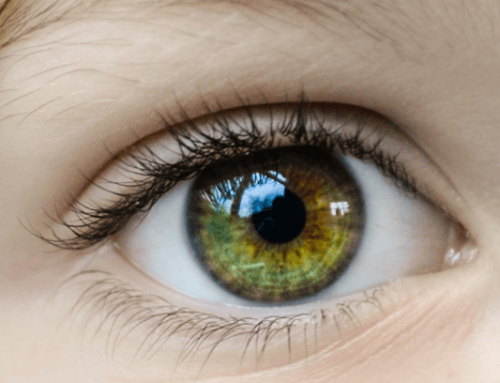Laser refractive surgery is an effective treatment for correcting myopia, farsightedness and astigmatism. As a patient you should know that there are minimum requirements to be able to operate. Age is a factor to be taken into account and we explain why.
The development of our visual system occurs during childhood and adolescence. It is normal for graduation to vary at these ages and to stabilize at the age of majority. In some cases it is not stable until the age of 21 or later.
It is important that the graduation be stable during the last year for the treatment to be effective in the long term. Otherwise, if after surgery your cornea evolves you will need a second operation or you may have to wear glasses or contact lenses.
In Vistaláser ocular clinics we performed a series of very rigorous preoperative tests. The objective is to be as safe as possible that the result of the operation will be stable. In fact, we are so sure of our effectiveness that we offer a Lifetime Warranty to patients who are operated with the Femto Xtra technique.
Research on the Minimum Age for Laser Refractive Surgery
According to one study¹ in which more than 46,000 cases of patients undergoing laser refractive surgery were analyzed, the minimum age to operate would be 18 years in patients with less than 3 diopters of myopia. This is a retrospective study evaluating postoperative refractive defects in patients whose age range is 3 to 82 years
In this large-scale study it was also observed that patients with high myopia (more than 6 dp) are at risk of changes in their graduation and this does not stabilize until the age of 30 years. In the case of patients with farsightedness, changes in their graduation can occur between 30 and 50 years. Therefore, both groups should wait for their graduation to stabilize or to evaluate other alternatives to laser eye surgery.
Maximum Age for Laser Refractive Surgery
In principle there is no maximum age for Laser Refractive Surgery. In fact, many cataract surgery patients are also laser-corrected to get the best vision possible.
However, it must be clear that aging entails a loss of accommodation. Patients over the age of 36 should be aware that within a few years they will begin to notice the tired sight. Laser refractive surgery for myopia, farsightedness or astigmatism does not prevent this problem. In fact, you probably need glasses to see up close or have to resort to a presbyopia operation.
Patients not eligible for Laser Refractive Surgery
There are patients under 21 years of age who have eyesight to meet the visual requirements for being a police officer or firefighter. It is important that the patient is not operated at any price or at all costs to make his dream come true. Preoperative testing will be critical. They will determine if the patient is eligible for Laser Refractive Surgery and if we can operate safely.
If a surgeon ophthalmologist tells you that “not suitable for laser refractive surgery” is for your well-being. If you persist in your efforts and some clinic offers to operate without respecting the minimum safety, you can regret it for the rest of your life. It is important that before surgery with laser you are well informed about the risks of progression and possible complications after the intervention.
1. Age and refraction in 46,000 patients as a potential predictor of refractive stability after refractive surgery.


Leave A Comment